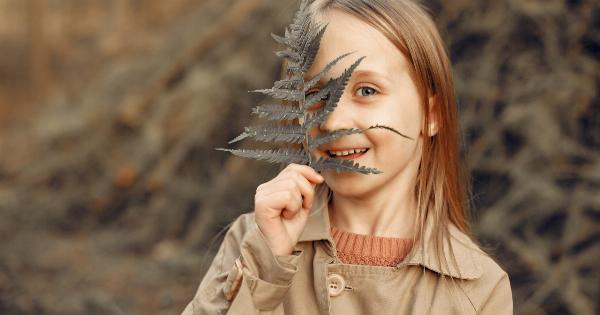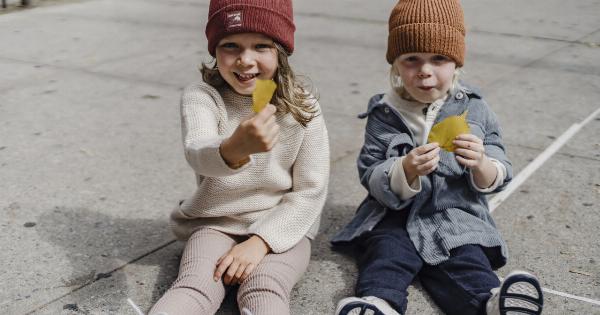Childhood is a magical time filled with wonder, imagination, and endless possibilities. From the moment a child is born, they are embarking on a journey of discovery, learning, and growth.
As parents, it is our duty to foster and nurture this journey, to create an environment that supports the joyful practice of childhood.
The Importance of Play
Play is an essential part of childhood. It is through play that children learn about themselves, others, and the world around them. When children play, they are free to explore, experiment, and create without fear of judgment or failure.
Play allows them to learn new skills, develop their imagination, and discover their passions.
It is important that we encourage and facilitate our children’s playtime. We can provide them with toys and materials that spark their creativity and inspire them to explore.
We can create safe spaces for them to play, whether it be a backyard, a playground, or a playroom. And we can give them the time and freedom to play without interruption.
Learning Through Experience
Children are natural explorers and learners. They are constantly seeking out new experiences and discovering the world around them.
As parents, it is our responsibility to facilitate this learning process, to provide our children with opportunities to explore, experiment, and learn through experience.
We can take our children on nature walks, trips to the museum, or visits to the zoo. We can encourage them to try new things, whether it be a musical instrument, a new sport, or a different type of food.
By exposing our children to new and varied experiences, we are broadening their horizons and expanding their knowledge and understanding of the world.
Encouraging Creativity and Expression
All children have a natural inclination towards creativity and expression. Whether it be through art, music, dance, or storytelling, children love to create and share their creations with others.
As parents, it is our job to nurture this creativity and encourage our children to express themselves in their own unique ways.
We can provide our children with access to art supplies, musical instruments, and other materials that promote creativity. We can encourage them to write stories, draw pictures, or put on a play.
And we can provide them with a supportive environment in which they feel comfortable expressing themselves and sharing their creations with others.
Nurturing Social and Emotional Development
Childhood is also a time for social and emotional development. It is through interactions with others that children learn about empathy, communication, and friendship.
As parents, it is our role to facilitate this development, to provide our children with opportunities to interact with others and practice their social skills.
We can arrange playdates, enroll our children in team sports, or sign them up for music lessons.
By exposing our children to different social situations, we are helping them develop their social and emotional intelligence and teaching them how to communicate effectively with others.
The Benefits of Unstructured Time
In today’s fast-paced world, it can be easy to fall into the trap of overscheduling our children’s time. Between school, extracurricular activities, and homework, it can feel like there is no time left for unstructured play and free time.
However, it is important that we make time for this kind of play, as it has numerous benefits for our children’s physical, mental, and emotional well-being.
Unstructured playtime allows children to explore, experiment, and create on their own terms. It gives them the freedom to follow their own interests and passions, without the pressure of adult expectations.
It also promotes physical activity, which is essential for children’s health and development.
The Joy of Being Present
Perhaps the most important aspect of the joyful practice of childhood is being present.
When we take the time to fully engage with our children, to listen to them, to play with them, and to explore with them, we create a deep sense of connection and love that lasts a lifetime.
We can be present by putting down our devices and focusing solely on our children. We can listen to their stories, play their games, and immerse ourselves in their imaginary worlds.
The more present we are, the more we are able to support them in their journey of childhood, and the more joy we can experience together.
Conclusion
The joyful practice of childhood is a journey full of wonder, imagination, and growth.
As parents, it is our duty to create an environment that supports this journey, to provide our children with opportunities to play, learn, create, and connect with others. By doing so, we can help our children develop into happy, healthy, and well-rounded individuals.




























